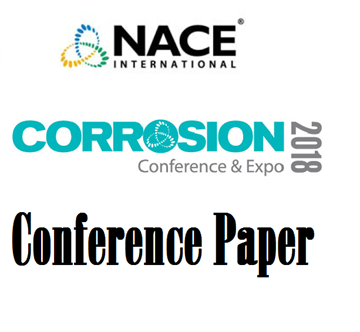Search
97320 ISSUES INVOLVED IN DEVELOPING A FAILURE ANALYSIS EXPERT SYSTEM FOR METALLIC MATERIALS USING RULE AND CASE-BASED REASONING
Also Purchased
97332 THE OPPORTUNITIES FOR THE INTERNET TO ASSIST WITH FAILURE ANALYSIS
Product Number:
51300-97332-SG
ISBN:
97332 1997 CP
$20.00
96372 THE DEVELOPMENT OF A GENERIC FAILURE ANALYSIS EXPERT SYSTEM BASED ON CASE-EASED REASONING
Product Number:
51300-96372-SG
ISBN:
96372 1996 CP
$20.00
51318-10607-Inspection Monitoring and Modelling: Past Present and Future
Product Number:
51318-10607-SG
Publication Date:
2018
$20.00




